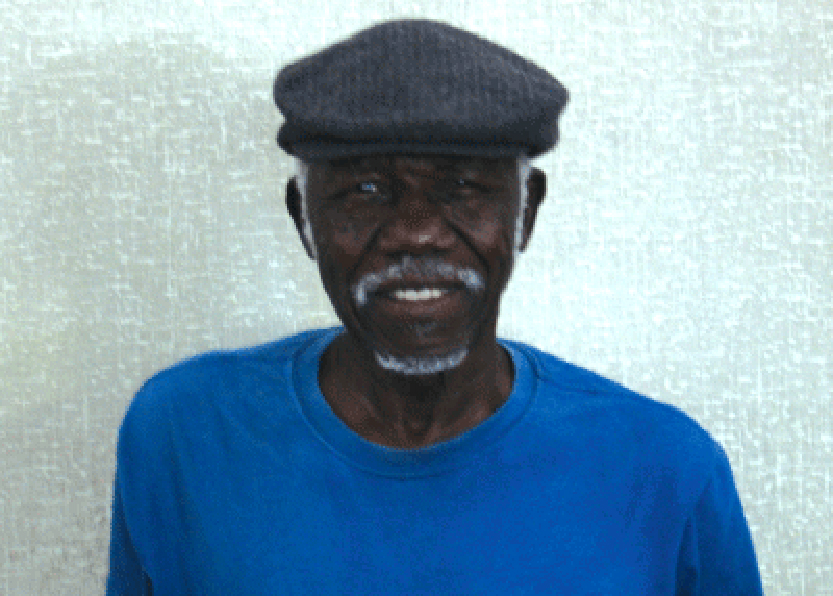

BULAWAYO — A book narrating the history of the conquest of the Matabeleland region by white colonialists has rekindled calls for the restoration of the collapsed Ndebele kingdom.
Speaking to Studio 7 in Bulawayo last week after the launch of his book titled The Rule By Conquest: The Struggle in Mthwakazi, veteran journalist Jonathan Maphenduka said the main purpose of his book was to show that a distinct Ndebele kingdom, established by King Mzilikazi, with all the attributes of a nation, was in existence.
Maphenduka said the white colonialists, who vanquished the kingdom, also referred to as Mthwakazi, recognised that it had its own separate culture, adding that as a member of Umhlahlo Wesizwe sika Mthwakazi, he advocates for the restoration of the kingdom.
The Umhlahlo Wesizwe sika Mthwakazi is an organisation that advocates for the perseveration of the Ndebele culture and the re-establishment of the kingdom through peaceful means.
Speaking at the book launch, guest of honour and former Bulilima lawmaker, Moses Mzila-Ndlovu, said for a long time the Ndebele people had been treated like second-class citizens in Zimbabwe.
Mzila-Ndlovu praised Maphenduka for writing the book, saying it helps restore the dignity of the Ndebeles and raises important issues about what they ought to do in order to achieve self-determination.
In a recent review of the book, academic Samukele Hadebe criticised it for presenting suppositions and conjecture as facts, but commended it as a “must-read” for those concerned with human rights and justice.
Hadebe said the book presents the strongest advocacy so far for the right to self-determination of the Ndebele people, concluding that Zimbabwe as a democratic country should face the issue and even put it to a vote.
- Chamisa under fire over US$120K donation
- Mavhunga puts DeMbare into Chibuku quarterfinals
- Pension funds bet on Cabora Bassa oilfields
- Councils defy govt fire tender directive
Keep Reading
Researcher Butler Tambo of the Bulawayo-based Policy Research Institute of Zimbabwe, said the country’s new Constitution has provisions for devolution, which can help address the concerns of marginalisation in the Matabeleland region.
Tobias Guzura, a Conflict Management, Peace and Development studies lecturer with the Zimbabwe Open University, speaking as an independent analyst, said the issue of secession had precedence in Africa, citing Eritrea’s break-away from Ethiopia and that of South Sudan from Sudan as examples.
But Guzura said there are many important considerations to be taken into account, including the availability of both human and natural resources, before the establishment of an autonomous nation.
Although there are views that secession could strain relations between ethnic groups and possibly lead to war, some people feel that in keeping with Zimbabwe’s democratic principles such as freedom of association and freedom of expression, this issue has to be discussed openly without fear or intimidation.
—Studio 7










